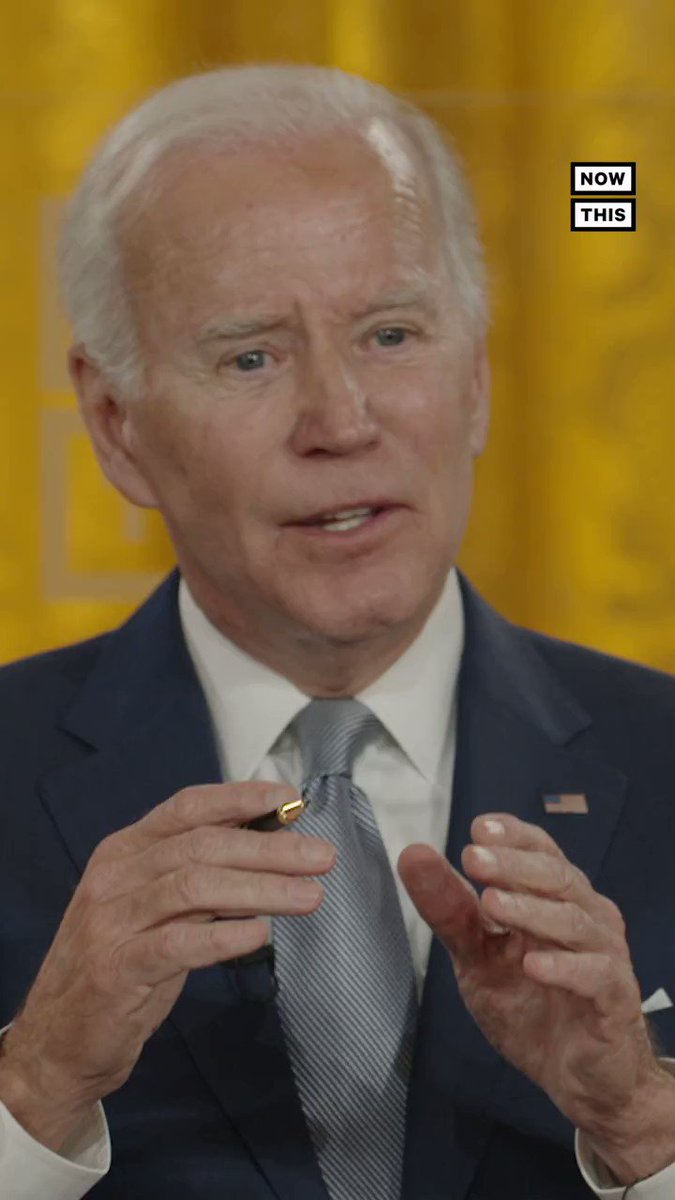Speculation has been swirling around the corridors of power and within the public domain regarding potential pardons by President Joe Biden. The idea that celebrities, particularly those with significant cultural influence, could be among the beneficiaries of such presidential actions has sparked widespread interest. One name that has surfaced in these discussions is none other than Sean Diddy Combs, a music mogul and entrepreneur known for his contributions to hip-hop culture and beyond.
The concept of celebrity justice, where high-profile individuals receive pardons or clemency, raises important questions about fairness, precedent, and the role of fame in legal proceedings. If President Biden were to pardon Diddy, it would mark a significant moment in how celebrity involvement in legal matters is perceived and handled. This move could redefine the landscape of justice, setting new standards for future administrations. Let's delve deeper into the implications and context surrounding this surprising possibility.
In recent weeks, online prediction markets like Polymarket have seen increased activity over who might receive a pardon from President Joe Biden before the end of his term. Among the names generating buzz is that of Sean Diddy Combs. While traditionally associated with entertainment and business, Diddy’s inclusion in these discussions highlights an evolving narrative about celebrity involvement in political processes. Speculators on platforms like Polymarket are actively placing bets on whether Diddy will indeed be pardoned, reflecting broader societal curiosity about such high-profile cases.
Pardons and Presidential Power
Presidential pardons represent one of the most potent tools available to any U.S. president. Historically, they have been used to address injustices, reconcile political divides, or offer second chances to individuals deemed worthy by the administration. In modern times, however, the practice has occasionally drawn criticism for appearing politically motivated or favoring influential figures. As speculation mounts over possible pardons under President Biden, the decision to include celebrities like Diddy adds another layer of complexity to this age-old tradition.
The notion of pardoning Diddy specifically stems partly from past controversies involving him and allegations tied to various legal issues. Despite not being formally charged with crimes, his presence on lists considered for pardons underscores the unique intersection between celebrity status and judicial outcomes. Public perception plays a crucial role here; while some may view a pardon as unjustified preferential treatment, others argue it aligns with efforts to reform outdated laws affecting marginalized communities disproportionately.
Beyond individual cases, granting pardons can set long-lasting precedents influencing future administrations' approaches toward similar situations. For instance, if President Biden opts to pardon Diddy based on arguments centered around systemic inequities, it could signal a shift towards more inclusive interpretations of justice. Such decisions would inevitably spark debates about equity versus privilege within our legal system.
Celebrity Influence in Politics
Celebrities often wield substantial influence over public opinion and policy discussions due to their visibility and connection with diverse audiences. When prominent figures like Diddy become entangled in legal matters, their stories resonate widely, drawing attention to underlying social issues. A presidential pardon for someone in this position thus carries immense symbolic weight, potentially amplifying conversations about race, class, and access to justice.
Moreover, celebrities frequently leverage their platforms to advocate for causes close to their hearts, sometimes aligning themselves politically along the way. Diddy himself has openly supported Democratic candidates, including President Biden, which might factor into considerations surrounding his eligibility for a pardon. However, critics caution against conflating political endorsements with legal entitlements, emphasizing transparency and merit-based assessments instead.
This interplay between celebrity activism and governance presents both opportunities and challenges. On one hand, it fosters greater awareness and engagement around critical topics. Conversely, it risks overshadowing less visible yet equally deserving cases through media hype focused solely on well-known personalities. Balancing these dynamics remains essential when contemplating high-profile pardons.
Public Reaction and Legacy Implications
Should President Biden decide to pardon Diddy, public reaction would likely vary depending on personal beliefs about fairness, accountability, and the appropriate use of executive powers. Supporters might applaud the gesture as part of broader reforms aimed at addressing historical injustices faced by Black Americans. Meanwhile, detractors could question its timing and motivation, pointing out potential conflicts of interest given Diddy's ties to the current administration.
From a legacy perspective, issuing controversial pardons near the conclusion of a presidency can leave lasting impressions on how leaders are remembered historically. Critics often scrutinize such moves as attempts to secure alliances or protect allies, whereas proponents defend them as acts of compassion and leadership. Regardless of intent, each pardon contributes to shaping perceptions of presidential integrity and commitment to upholding democratic principles.
In conclusion, the prospect of President Biden pardoning Diddy represents more than just a single act of mercy—it embodies complex intersections of law, politics, and culture. By examining the rationale behind such decisions and considering their broader implications, we gain valuable insights into contemporary discussions about justice and equality in America today. Whether viewed positively or negatively, this hypothetical scenario serves as a reminder of the enduring impact presidential actions can have on society at large.

